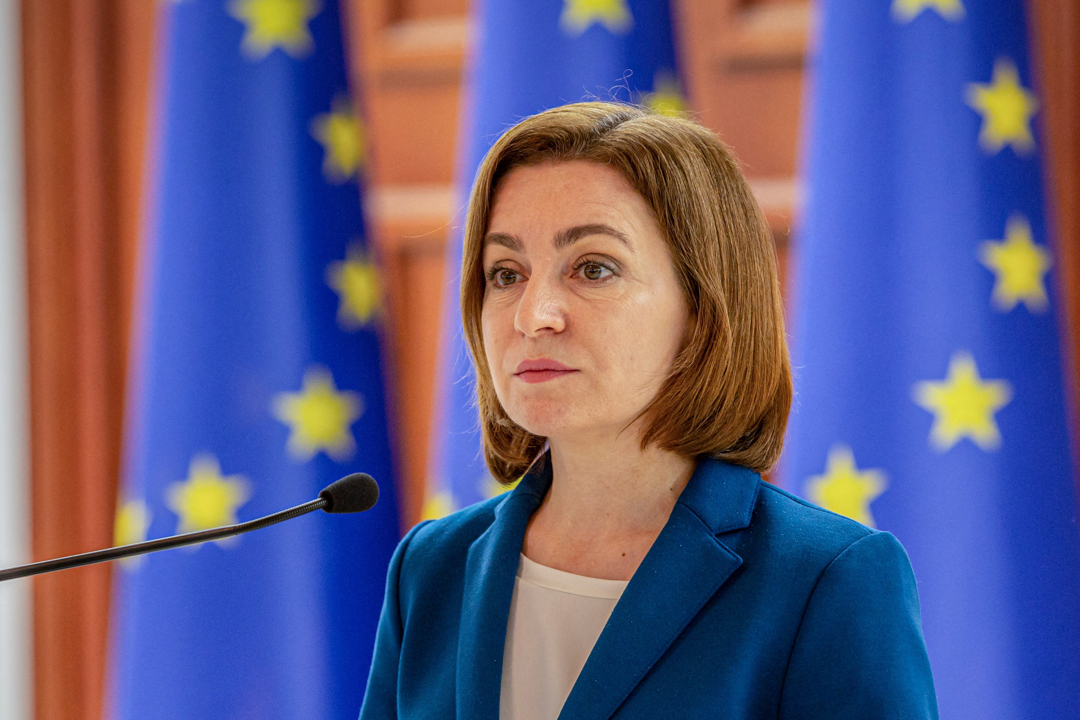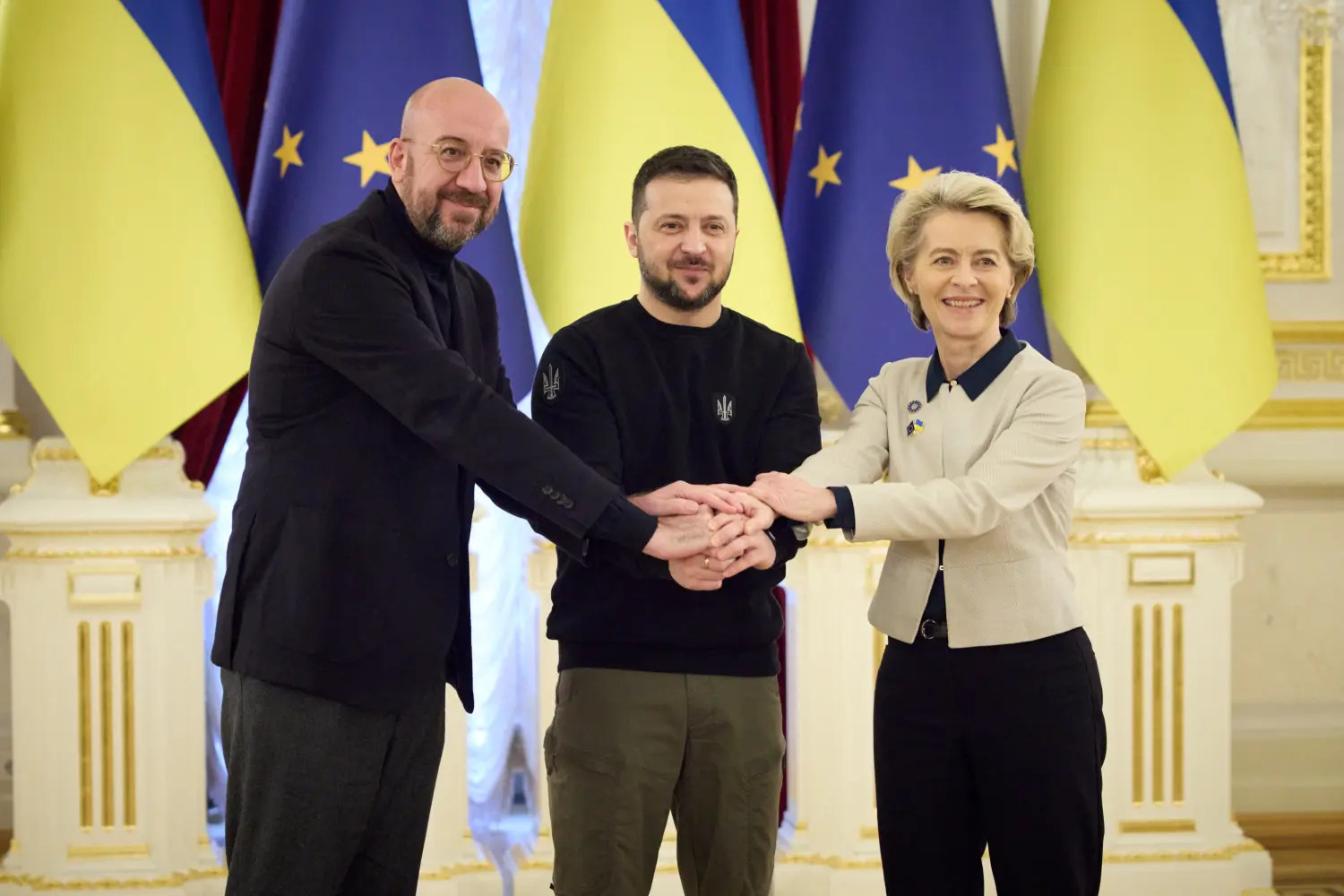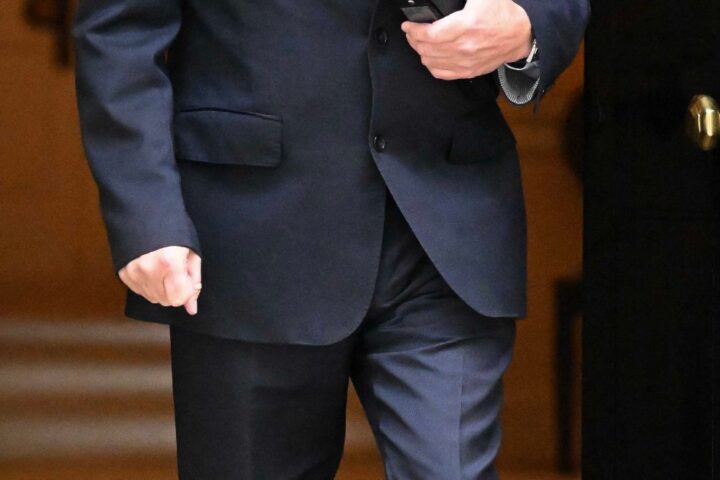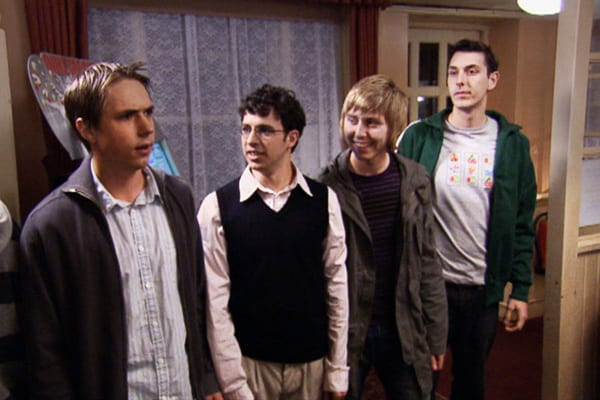On October 12, 2025, the Kremlin issued a stark warning to Moldova, accusing its government of making a “serious mistake” by aligning more closely with the European Union and distancing itself from Russia. The remarks came after Moldova adopted a new military strategy that explicitly identifies Russia as the main security threat.
Kremlin spokesperson Dmitry Peskov, speaking to TASS, stated that “nothing good” awaits Moldova if it continues down what Moscow calls a confrontational path. He criticized Chisinau’s strategic orientation toward Europe, comparing it unfavorably to past decisions by other post-Soviet states. “This mistake has already been made by one country. It brought nothing good to that country,” Peskov said, in a veiled reference to Ukraine.
Moldova’s new military doctrine names Russia as key threat
The warning follows Moldova’s official approval on October 8 of its military strategy for 2025–2035. The document marks a decisive shift in defense policy, with Russia listed as a primary threat to national security. The government cited the ongoing Russian war against Ukraine and expressed concern over the potential for hostilities to spread into Moldovan territory — particularly through a possible land corridor from southern Ukraine.
The presence of approximately 1,000 Russian troops in the breakaway region of Transnistria was also flagged as a significant risk. In response, Moldova announced plans to increase the size of its national army by one-third and raise defense spending to 1% of GDP. The strategy includes a phased transition to NATO standards — a clear move towards Western integration.
Pro-European forces strengthen position in Chisinau
The Kremlin’s reaction comes just weeks after Moldova’s ruling pro-European party, Action and Solidarity, won the September 28 parliamentary elections. President Maia Sandu has repeatedly accused Russia of interfering in Moldovan politics and attempting to sway the vote in favor of pro-Russian factions.
Peskov condemned the Moldovan leadership’s continued pursuit of what he called an “unfriendly line” toward Moscow, adding that such a course is “regrettable” from Russia’s perspective. His rhetoric mirrors past Kremlin responses to Ukraine’s pivot toward Europe after 2013 — a pattern of political threats, economic pressure, and propaganda.
Moscow uses threats as leverage in hybrid conflict
Peskov’s statement underscores the Kremlin’s broader strategy of using political intimidation as a tool to influence neighboring states. Moldova’s military alignment with the West is seen in Moscow as a direct challenge to its sphere of influence. The threats resemble Russia’s hybrid tactics used across Eastern Europe — leveraging energy dependency, disinformation, and diplomatic coercion to retain control in the region.
While no direct military threat was issued, the language employed signals a willingness by Russia to intensify pressure on Moldova through political and economic means. For Moldovan authorities, maintaining internal unity and strengthening cooperation with EU and NATO partners will be critical to countering potential Russian destabilization efforts.
EU faces wider regional threat from Kremlin rhetoric
For Brussels, Moscow’s posture toward Moldova is a clear warning that Russia’s ambitions go beyond Ukraine. By expanding the geography of pressure to Moldova, the Kremlin is challenging the EU’s eastern border and its influence in the region. The EU will likely interpret Peskov’s comments as an attempt to derail democratic reforms and integration efforts in Chisinau.
Support for Moldova — financial, political, and potentially military — may become a higher priority for the EU in response. Moldova’s resilience in the face of Russian intimidation could become a litmus test for the EU’s commitment to its Eastern Partnership states.
Kremlin’s message plays dual role abroad and at home
Peskov’s remarks also serve a domestic purpose. By portraying Moldova as another “Western puppet,” the Kremlin reinforces its narrative of a besieged Russia surrounded by hostile neighbors. This narrative has long been used to justify aggressive foreign policy and maintain internal support for the war in Ukraine and broader regional policies.
As economic strain grows within Russia, such external threats help rally nationalist sentiment and distract from domestic challenges. Moldova, like Ukraine before it, is becoming a convenient target in Russia’s ideological conflict with the West — a pawn in a broader geopolitical contest.











